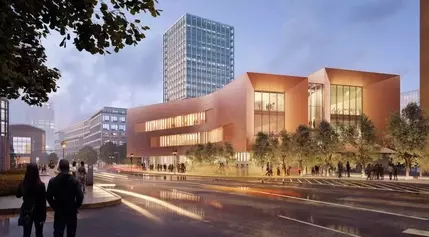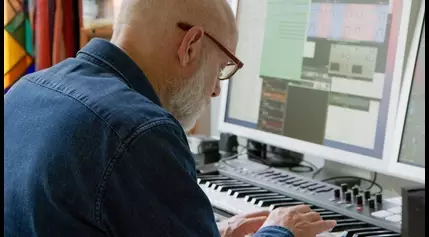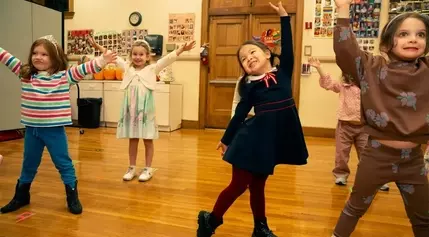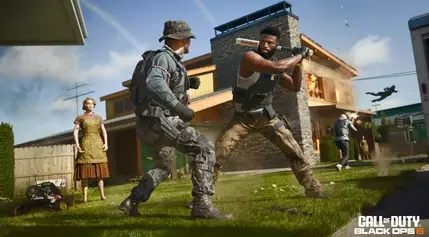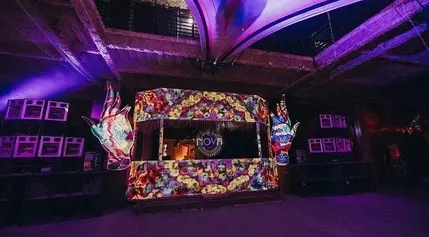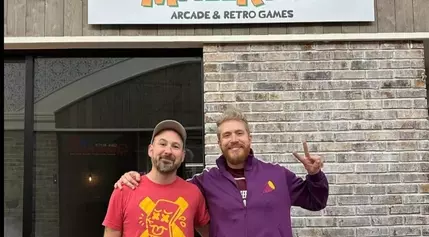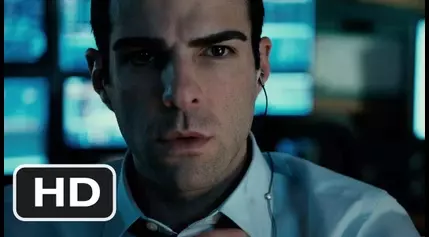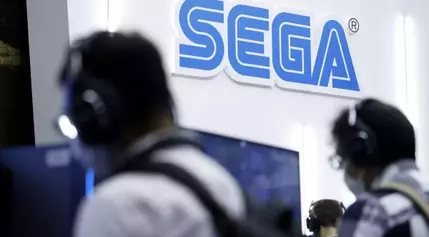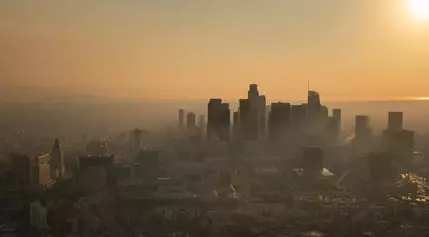
The recent wildfires have cast a shadow over the ambitious plans for the 2028 Summer Olympics in Los Angeles, raising significant concerns about the city's ability to host this global event. The fires have not only caused widespread destruction but also highlighted the immense logistical challenges that lie ahead. As the city grapples with rebuilding entire neighborhoods, it must simultaneously prepare for an international spectacle expected to attract millions of visitors. This unprecedented dual task tests the resilience and resourcefulness of one of America's largest metropolitan areas.
Los Angeles has long been preparing for the Olympics, which were initially seen as a source of pride and economic revitalization. However, the current crisis has introduced new complexities. The city now faces the daunting prospect of balancing reconstruction efforts with the demands of hosting a multi-billion-dollar event. Public officials are questioning whether the city can effectively manage both tasks without compromising either. Former City Council member Mike Bonin expressed his apprehension, noting that the situation presents a "nightmare scenario" for organizers and city leaders alike. Despite these challenges, there is no talk of postponing or canceling the Games, but rather a renewed focus on finding solutions that address immediate needs while maintaining long-term goals.
In the face of adversity, the opportunity arises for Los Angeles to showcase its resilience and determination. The city has a chance to transform the narrative from one of devastation to one of rebirth and renewal. By successfully navigating these challenges, Los Angeles can demonstrate its capacity to overcome obstacles and emerge stronger. The upcoming Olympics offer a platform to highlight the city's spirit of innovation and unity, proving that even in the darkest times, hope and progress can prevail. This moment calls for collaboration and perseverance, reminding us all that through collective effort, we can achieve remarkable outcomes.
New










